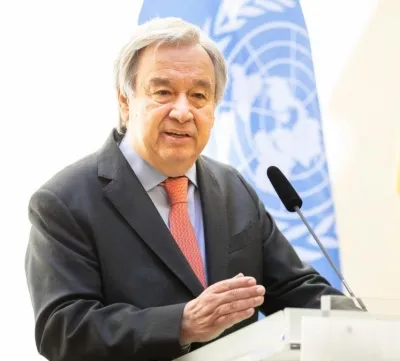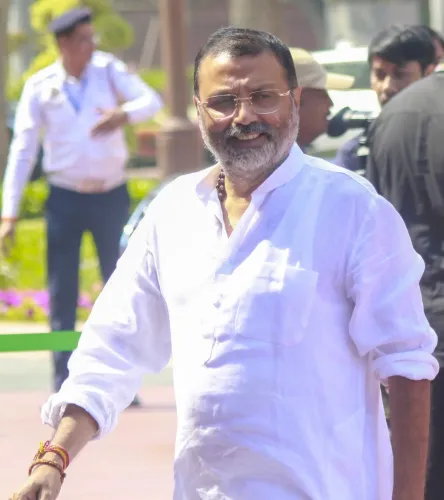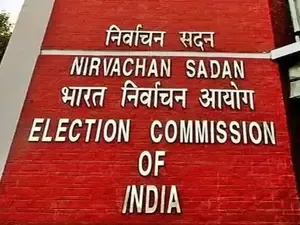Can the World Afford a Military Confrontation Between India and Pakistan?

Synopsis
Key Takeaways
- International Concern: Guterres emphasizes the need for restraint.
- Military Operations: India’s 'Operation Sindoor' targets terrorist sites.
- Heightened Tensions: The situation remains volatile and closely monitored.
- Victims of Terrorism: The recent attack resulted in the loss of 26 lives.
- Call for Justice: Guterres insists on accountability for targeting civilians.
United Nations, May 7 (NationPress) Secretary-General Antonio Guterres is deeply worried regarding India’s military actions against Pakistan, asserting that the world cannot afford a confrontation between these two nations, as stated by his spokesperson, Stephane Dujarric.
“He urges both nations to maintain maximum military restraint,” Dujarric mentioned shortly after India declared missile strikes into Pakistan and its occupied territory in Kashmir.
“The Secretary-General exhibits significant concern regarding the Indian military operations across the Line of Control and the international boundary,” he added.
“The global community cannot tolerate a military clash between India and Pakistan,” he reiterated.
On Wednesday, India's Ministry of Defence reported the initiation of “Operation Sindoor,” targeting nine sites within Pakistan and the region of Kashmir under its control.
“Targeted strikes were executed on nine #terrorist infrastructure locations” in a “focused and restrained response to the heinous #PahalgamTerrorAttack,” they stated in a post on X.
Previously, the Indian Army confirmed that it had struck nine locations deep within Pakistan as retaliation for the Pahalgam terror attack.
“Not long ago, the Indian Armed Forces commenced ‘Operation Sindoor,’ targeting terrorist infrastructure in Pakistan and Pakistan-occupied Jammu and Kashmir, from where attacks against India have been orchestrated and directed,” the army stated in a press release.
The Indian Army also communicated via its official X account, “Justice is Served. Jai Hind.”
“In total, nine (9) locations were targeted. Our operations have been focused, measured, and non-escalatory. No Pakistani military installations were targeted. India has shown considerable restraint in its selection of targets and execution methods,” the army mentioned.
The Resistance Front, a faction of the Pakistan-based Lashkar-e-Toiba, claimed responsibility for the tragic massacre of 26 individuals at the tourist destination in Kashmir.
On Monday, Guterres reiterated his firm condemnation of the attack, stating, “Targeting civilians is unacceptable – and those responsible must face justice through transparent, credible, and lawful means.”
He made these remarks prior to the Security Council convening for private consultations at Pakistan's request concerning the escalating conflict.









